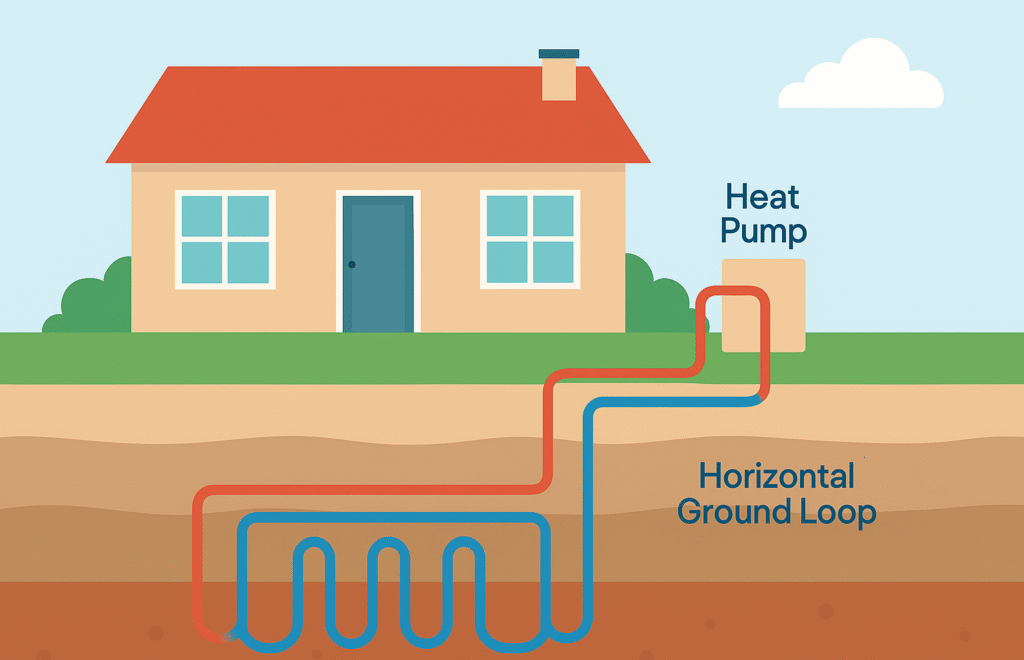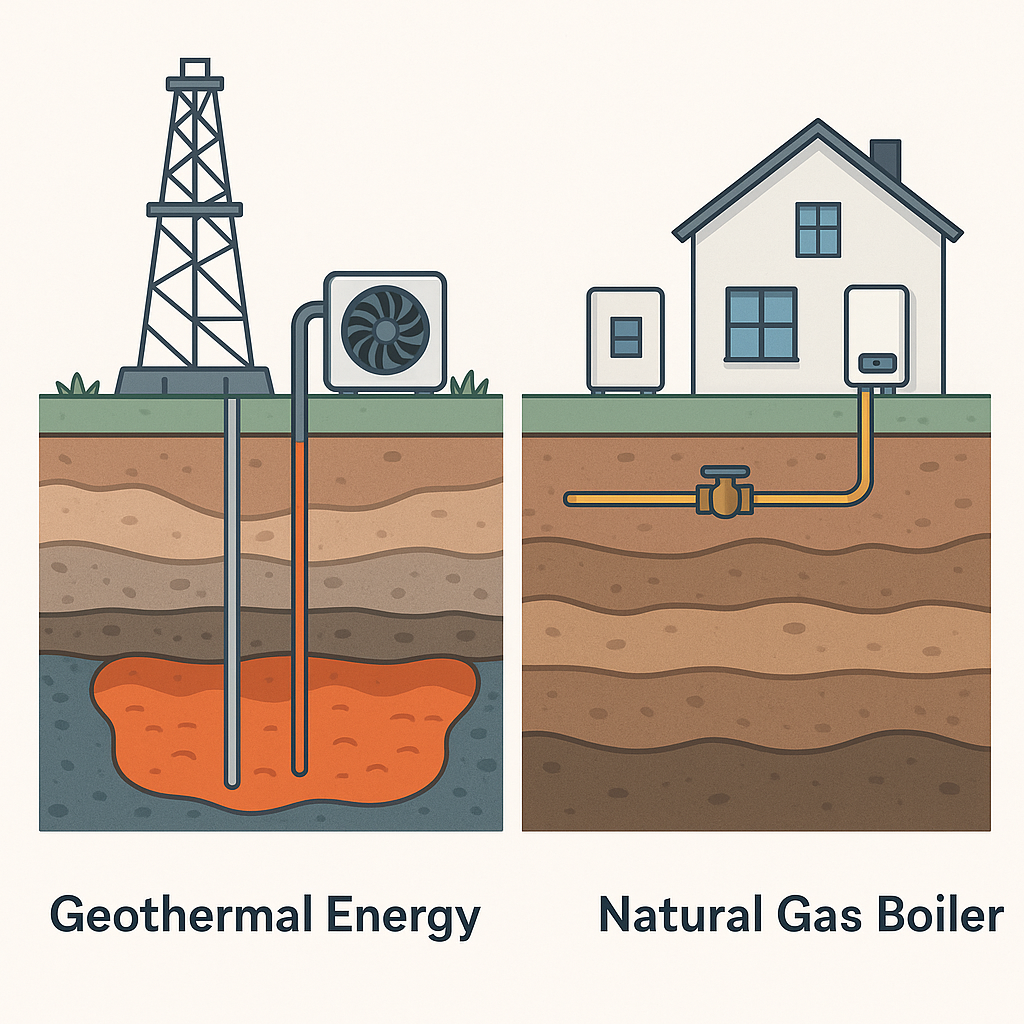One of the key draws of heat pumps is their ability to lower carbon emissions. But to what extent is this true, and in general, how do heat pumps and gas boilers compare for their environmental impact?
In this blog, we’ll look at the environmental impact of heat pumps and gas boilers, seeing how they compare and which is the more eco-friendly option.
Which Is More Environmentally Friendly, a Heat Pump or Gas Boiler?
Overall, heat pumps are better for the environment, using only around a quarter to a third the carbon emissions of gas boilers.
Heat pumps use electricity to run. Of course, in most cases, this will be electricity from the grid that is a mix of renewable and non-renewable power. For this reason, heat pumps are not generally carbon-zero but they are a better option than gas boilers.
That said, it’s possible for a heat pump to be completely green if you have an on-site solar array setup that can be used to power the heat pump for free and without carbon emissions.
As you can tell, how exactly a heat pump and gas boiler will compare is going to vary on a case-by-case basis depending on a range of factors.
What Else Should I Know?
Choosing between a gas boiler and heat pump should involve weighing up several considerations, including the upfront costs, running costs, and your budget.
A gas boiler costs around £1,000 to £4,000, while a heat pump is usually priced between £15,000 and £45,000. As for running costs, you can expect to pay approximately £600 to £1,200 per year to run a gas boiler. The running costs reach £800 to £1,500 for a ground source heat pump.
It is possible for a GSHP to be more affordable to run if you opt for a high-efficiency option. Notably, government supports exist like the Boiler Upgrade Scheme. The BUS can lower the cost of a heat pump installation by £7,500.
Heat pumps are significantly more efficient than gas boilers with a CoP of 3 to 5 meaning an efficiency rating of 300% to 500%. Modern gas boilers have efficiency of around 90% to 95%.


